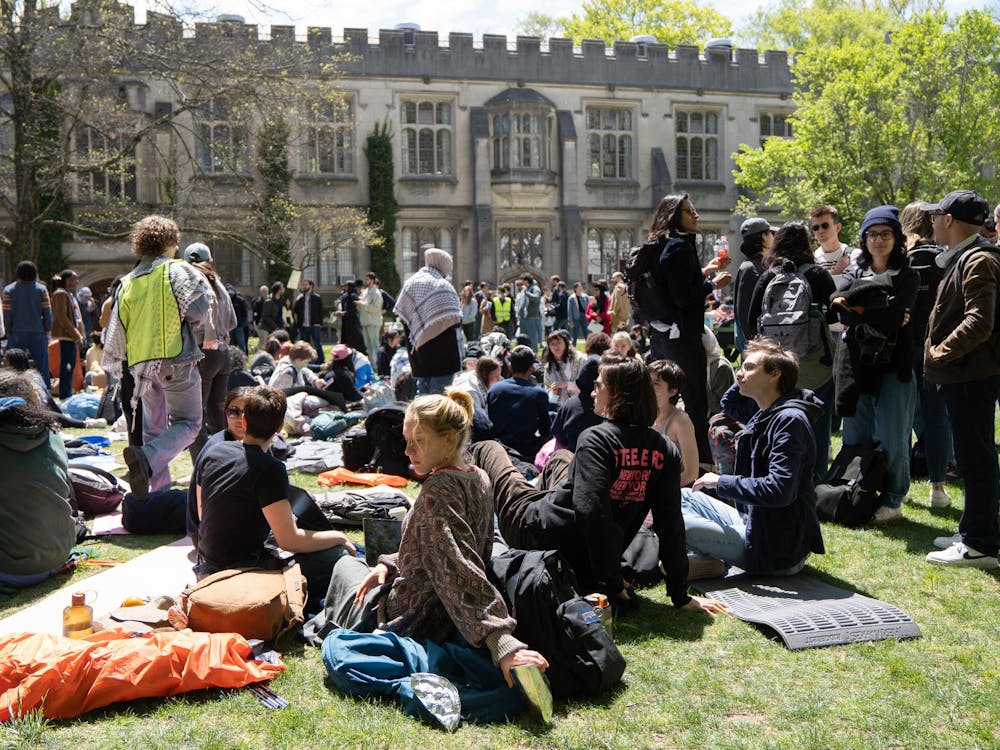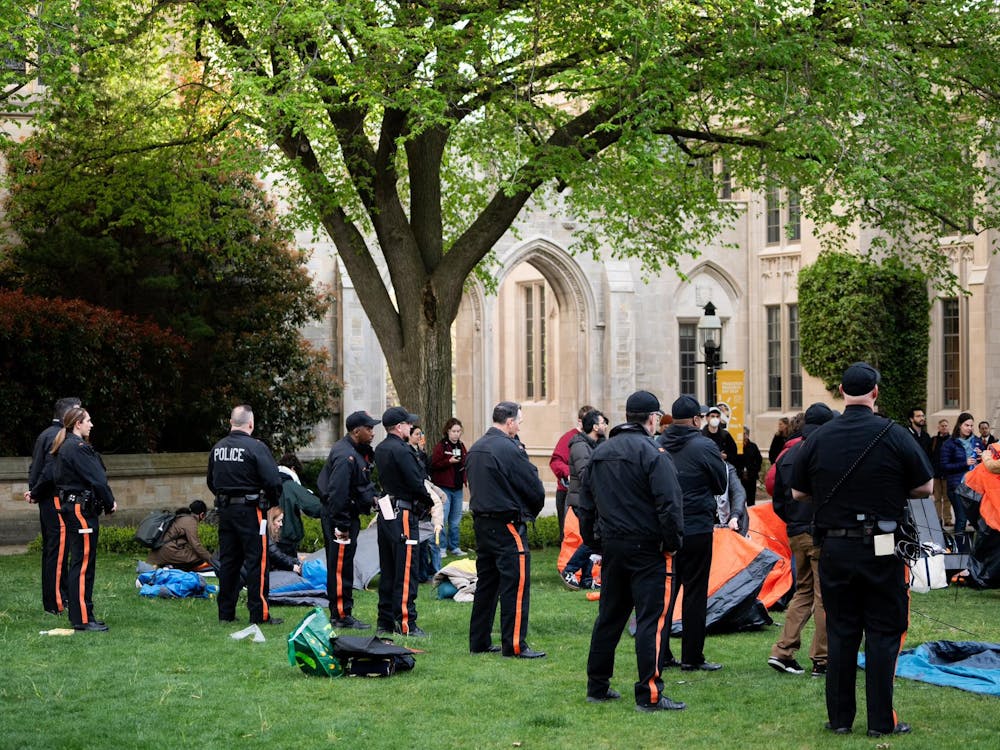By Doug Lennox’09
Last month, the Center for American Progress published a study on the relationship between teacher expectations and student performance. In it, they find that kids whose teachers think they’ll graduate from college are more likely to do so. For those of us who have ever heard the phrase, “I’m not mad, just disappointed,” the finding isn’t all that surprising. We all do things because people expect us to. Without a doubt, some version of this is a part of how many of us wound up strolling down Prospect Ave.
But the study also included a finding that doesn’t go down so easily. The report shows that teachers have categorically lower expectations for certain groups of students – namely, children of color and those from a low socioeconomic background. For example, looking at two students – one white, one Hispanic – the average teacher is 42% less likely to think the second one will graduate from college. As someone who has now stood in the classroom as both a Hispanic student and teacher, this concerns me deeply.
Findings like these are complex but also point to a critical space in which our campus community must engage more deeply if we are live into the University’s call to the nation’s service. The sad reality is that these differential expectations aren’t altogether unreasonable. In our country, students do graduate from college at wildly different rates, depending on zip code, income bracket and racial identity. In the community where I taught kindergarten and first grade as a Teach For America corps member then alumnus, 10 percent of kids make it to college graduation day. We must come together to think through big solutions and bold ideas to change this. We have to create a system that makes unequal expectations a whole lot less expected.
On the way to these systemic solutions, we have the opportunity for direct, immediate impact. For me, the diversity gap between students and teachers served as the catalyst for joining this work. Today, just eight percent of teachers identify as Latino. By 2040, nearly one out of every four US citizens will. This gap has real, immediate implications for Latino students and low-income students of color more broadly.
With this in mind, in my Brooklyn classroom, my identity as a Latino teacher shaped many of my school interactions. While most of my students were African-American or of West Indian descent, there was so much we shared. As a Princeton alumnus and Puerto Rican Olympic swimmer, I had the privilege of being a window to the possible, a mirror for my students of color and a pillar of strength for families struggling to keep faith in the possible.
But while I’m honored to have served this role so early in my students’ academic lives, Latino men make up less than two percent of our nation’s total educators. That means that, for many of my kids, unless something changes, I will have been both the first and last Latino man they see at the blackboard.
As a campus community, we have the opportunity to call attention to this problem and to make choices to address it. I joined Teach For America because I wanted to work with students, families and educators to close the achievement gap. As a result, I became part of a growing network of Latino leaders taking this work on as the organization now stands as one of the nation’s top producers of Latino teachers. It’s a choice that gave me the opportunity to be a meaningful figure in the lives of hundreds of five- and six-year-olds who fundamentally shaped my belief in what’s possible. I’m grateful for their hard work, enthusiasm and authentic joy for learning every day, because they taught me exactly what high expectations and accountability driven by love and support can accomplish. And, now that I work with college student-athletes at Kenyon College, I reiterate to them the golden lesson taught to me by my students: that anything is possible with hard work, smart work and a relentless dedication to do both even when any task seems impossible.
The path toward making meaningful change has long been taken by ordinary people who are committed to making the extraordinary possible for others, and it’s time to expect something different. We should expect all students to have equal access to a great education, we should expect compassionate teachers to invest our students in their own future, we should expect support from our schools, we should expect ourselves to contribute to the cause in some fashion and we should expect education reform to become an open discussion on the campus community of which we’re all a part. Please, take the time to make a difference in the lives of others and you will find your reward in the greatest currency our world has to offer: the warmth of a smile, the poignancy of words well written and well spoken and the sincerity of a simple thank-you.
Doug Lennoxmajored in Anthropology and minored in Latin American and American studies and is a 2010 Teach For America – New York alumnus. He taught kindergarten and first grade for Leadership Prep Ocean Hill Charter School, an Uncommon Charter School located in the borough of Brooklyn in New York, NY. Doug is currently in his first year an assistant swim coach at Kenyon College.









